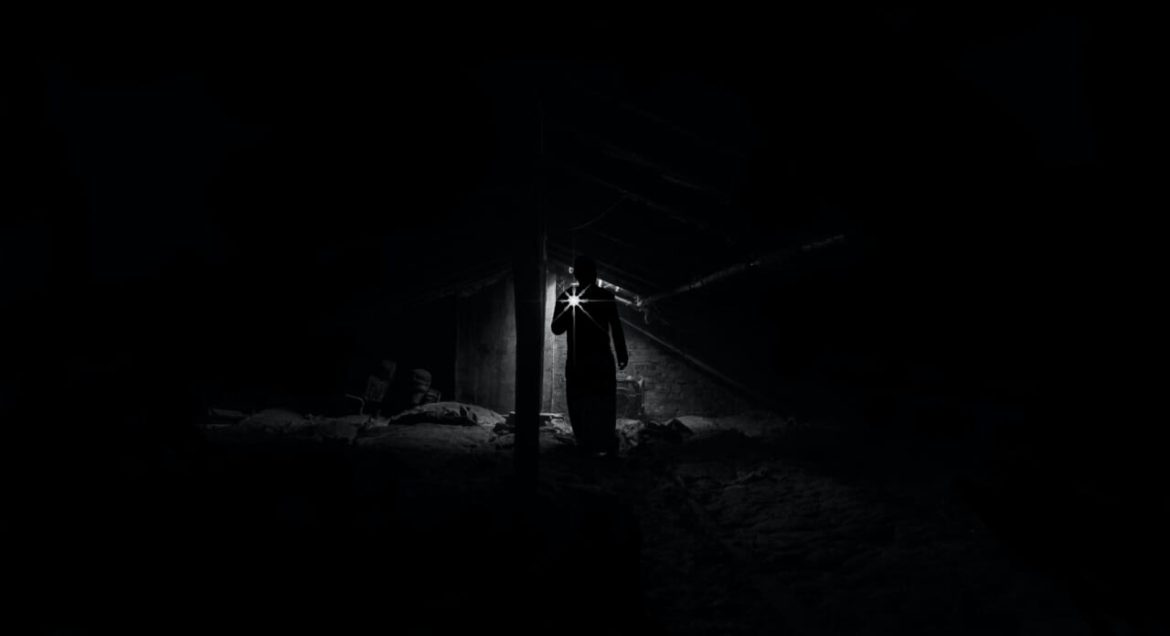Their most notorious invasion of private property was a subterfuge, perpetrated by the British Parliament, which sought to remind colonists that the king could enter their homes through his soldiers whenever he wished.
In 1765, Parliament enacted the Stamp Act, which required government stamps — they were actually inked images of government seals, more akin to what is seen when a rubber stamp is used — on all papers in the possession of the colonists. This included letters, financial and legal documents, newspapers, pamphlets, even posters intended to be nailed to trees. To facilitate the enforcement of the Stamp Act, Parliament enacted the Writs of Assistance Act.
Much like America’s Foreign Intelligence Surveillance Act, the Writs of Assistance Act permitted British agents to obtain search warrants for the homes of colonists based on governmental need and without identifying the name or address of the homeowner or even the object sought by the search.
These were general warrants. They were limitless in scope, as they authorized the bearer to search wherever he wished and seize whatever he found. Some students at the College of New Jersey — now called Princeton University — calculated that it cost more for the British government to enforce the Stamp Act than was generated in revenue from the sale of the stamps. We now know that power, not revenue, was the goal of this dreaded law.
The violent colonial reaction to the enforcement of the Stamp Act led to its repeal by Parliament after just one year. But the Writs of Assistance Act — allowing the execution of general warrants — stayed in force until the British left in 1781. And general warrants were not outlawed until the ratification of the Fourth Amendment in 1791.
The Fourth Amendment was written to protect that quintessentially American right to be left alone. The violation of the right to be left alone usually implicates two fundamental liberties — the right to privacy and the right to own property.
Privacy is a natural right because there are aspects of human existence and personal behavior that are not subject to the government. Natural rights come from our humanity. The natural right to own property has three aspects — the right to use the property, the right to alienate (lease, pledge or sell) it, and the right to exclude whomever and whatever the owner wishes — including the government.
As natural rights stem from our humanity, they may only be violated when we give them up or waive them by our violation of someone else’s natural rights. When James Madison wrote the Fourth Amendment, he rejected the waiver standard and instead chose the easier-for-the-government probable cause standard as the sole element justifying a government assault on property rights.
The government claims it can examine your emails, bank accounts, medical and legal records at will merely because it claims you have waived your interest in them by placing them in the custody of others. This is, of course, farcical. Those custodians have a legal duty to keep your records private. Yet, to get physically onto your property in defiance of your will, the government must meet Madison’s probable cause standard.
That standard requires a showing to a neutral judge that it is more likely than not that a crime has been committed and that it is more likely than not that evidence of that same crime can be found in the place to be searched or the person or thing to be seized. These standards come directly from the language of the amendment itself.
Does the probable cause standard adequately protect property rights? It does not. That standard involves a weighing and balancing test pitting the nature of property ownership against the government’s claimed need for evidence. It weighs the harm to property rights caused by a government invasion as against the harm to the government by denying it the fruits of its planned invasion.
The very concept of weighing a natural right against a government need is totalitarian. The government needs whatever it wants, whereas our rights are inalienable unless we waive them. A natural human right always supersedes a government wish. Thus, the only standard that morally justifies government invasion of private property is waiver by the violation of another’s natural rights.
For example, if a bank robber runs into his house with the stolen loot, he has waived his property rights in the house until he has been arrested and the loot retrieved, as he has violated the natural rights of the depositors in the bank and the bank’s right to exclude him from its property. If the government cannot demonstrate waiver and a violation of a natural right, then the property owner — even if he is the sought-after bank robber — can morally exclude the government from his property.
Because privacy and property ownership are inalienable rights and the government is an artificial creation based on a monopoly of force, when the government wants to enter upon private property against the will of the owner, and it seeks a warrant from a judge, the owner’s natural rights and the government’s needs can never be in equipoise.
Even when the government seeks to demonstrate waiver, the government should be presumed to be wrong, and every inference and bias should be drawn against it because the essence of government is the negation of liberty.
If we take rights seriously — which the government never does — natural rights are inalienable. Governmental needs change with the political winds.
COPYRIGHT 2022 ANDREW P. NAPOLITANO
DISTRIBUTED BY CREATORS.COM

